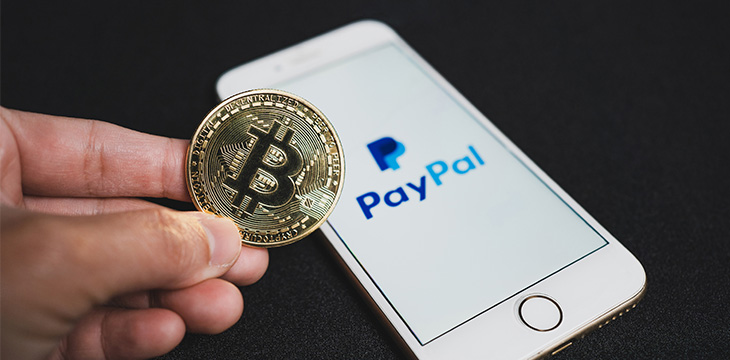|
Getting your Trinity Audio player ready...
|
In its latest earnings call, PayPal CEO Dan Schulman expressed his satisfaction with the company’s progress related to digital currencies. He outlined several new features such as $100,000 per week limits, but more tellingly, he talked at length about central bank digital currencies (CBDCs) and PayPal’s potential role in them.
Recently, CoinGeek has been covering stories about CBDCs at a pace that’s difficult to keep up with. From Israel to Nigeria, to China and the European Union, governments are announcing CBDC pilots and projects every other day. One of the key questions surrounding these projects is how much control governments will have over the digital wallets needed to operate them.
It’s clear from Schulman’s recent comments that he believes private companies such as PayPal have a role to play.
What did Schulman say, and what can we learn from it?
Schulman talked at length about CBDCs and what role they will play in the future. He said PayPal was working with regulatory agencies and central banks across the world. He also noted the rapid pace of increase in interest in CBDCs, with around 40 countries interested last year and around 100 this year.
What role does he see for PayPal in all of this development? He said “clearly there is an opportunity” to build new infrastructure, allowing faster, lower cost, and more efficient payments.
He also emphasized the enthusiasm governments have for CBDCs and how they can help bank the unbanked and get underserved citizens into the financial system. As we’ve heard many times, the example of governments airdropping money to citizens in times of crisis and need was repeated as one of the potential benefits of CBDCs and digital wallets.
So, we have:
- PayPal talking with governments and central banks.
- A major corporation vying to play a role in building new infrastructure surrounding CBDCs.
- A rapid increase in enthusiasm for CBDCs worldwide.
What can we learn from this? CBDCs are already a done deal, despite what some governments say, and the infrastructure for them is being developed now. There’s no going back to the way things were. CBDCs will be adopted by every country in the coming years.
The role of private companies in CBDCs
If private companies have some role in how CBDCs work, at least to some degree, it should ease the fears many have about government surveillance and control of these new systems.
While PayPal itself is known to be trigger-happy in suspending and freezing accounts for the slightest infraction or suspicious activity, at least if wallets created by multiple competing private entities are offered, it’s not so easy to lock someone out of the financial system completely or snoop on all of their financial activity. This addresses the main fear of opponents of CBDCs.
Yet, lots of questions remain about how these systems will work. Will they be open systems where any developer can create a wallet and interact with them, or will governments pick and choose which company’s wallets can send, receive, and use the new CBDCs?
Given some of the new rules we’ve seen recently, it’s highly likely that anyone wishing to build software for these systems will need to apply for a license and comply with financial laws.
Will PayPal dump private digital currencies to get in on the CBDC action?
If we’ve learned anything from government statements about BTC and other digital currencies in the last year or so, they’re not hugely keen on them. Christine Lagarde has issued statements about their use in money laundering and crime, and other government officials have expressed concerns about the volatile nature of these currencies and their potential impact on the wider financial system.
Could it be the case that companies like PayPal will make a deal and drop support for private digital currencies, especially those that refuse to comply with KYC/AML regulations such as BCH, in exchange for being a part of the CBDC system?
You can bet on one thing; PayPal will do what’s in the best interests of its shareholders and long-term vision, and if governments decide to ban digital currencies thanks to the refusal of those associated with them to operate in accordance with the law, PayPal will drop them like a hot potato.
Watch: CoinGeek Zurich panel, Consumer Payments, Incentives & Reward with Bitcoin

 03-01-2026
03-01-2026 




